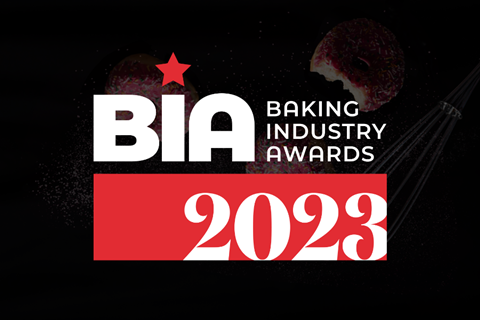
The three businesses selected for the Sustainability Initiative of the Year 2023 are looking to revolutionise the baking industry.
This award, sponsored by Macphie, aims to highlight businesses and initiatives making the bakery sector a more sustainable one.
Find out more about the finalists in the Baking Industry Awards category below:

Oggs
The Oggs mission is to provide bakeries with a sustainable, healthier, and easier-to-use alternative to liquid egg in the form of its plant-based aquafaba.
The patented Oggs Aquafaba is the result of work from two food scientists, two universities, and Campden BRI, involving a process identifying the critical functionality of egg and the plant proteins and starches than can replicate this. The resulting product boasts 72% lower CO2 than eggs and can be used in sponges, pastries, meringues, pancakes and more.
B Corp certified, Oggs is now working with UK retailers and bakery manufacturers to reduce egg in own-label products by between 20% to 100%. Across its whole range, which includes branded retail products, Oggs said it has saved more than five million eggs and 300,000kg of CO2.
The enthusiasm for sustainability at Oggs was infectious as the judges commended the firm for thinking about it from several angles including health, food waste, animal welfare, and efficiency. Its aim for reducing consumption of eggs rather than an ‘all or nothing’ approach was also recognised.
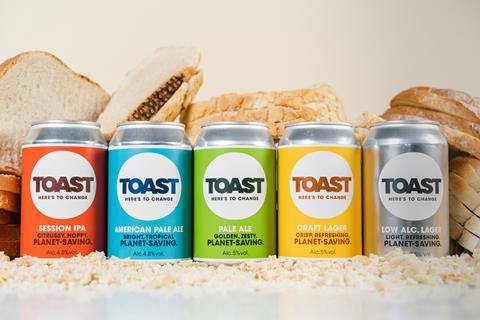
Toast Ale
Brew great beers and spread big ideas that can change the world – that is social enterprise Toast Ale’s mission.
All of its beers are made with surplus bread and by the end of 2022, it had brewed with 3.1 million slices and donated more than £100,000 to charity. It is aiming to create systematic change by partnering with breweries to lead an industry-wide circular economy movement and nudge behaviour change. Toast Ale said it is able to tackle climate change in four key ways: recover the energy, ingredients, and resources that went into producing the bread; offset land, water and energy demands by reducing barley requirements; divert bread from landfill; and fund charities that are fixing the food system.
The judges praised Toast Ale’s efforts to date, particularly the fact that it is a social enterprise and B Corp certified. The whole business is centred around sustainability and putting a waste product to good use, which is commendable.
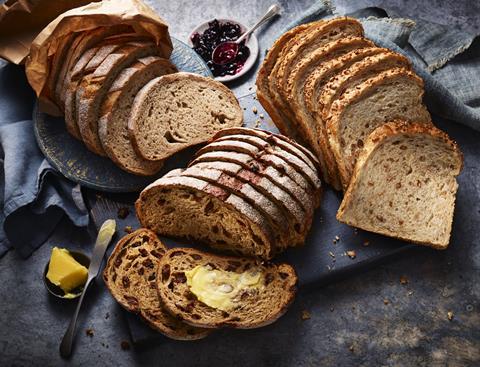
Wildfarmed
Wildfarmed grows wheat the ‘right way making regenerative flour that tastes better, is better for you and the planet’. It is an end-to-end supply chain that offers a route to market for crops grown in systems that prioritise soil health using regenerative farming methods and without pesticides.
The flour, according to Wildfarmed, sequesters 1.5kg of CO2 per kg per year from the atmosphere versus conventional flour, which emits 0.87kg of CO2 per kg.
Having made progress with artisan bakers, it sought to partner with businesses with big purchasing power. Marks & Spencer fit the bill and were the first national retailer to launch a range of breads using Wildfarmed’s flour made from fully traceable, regeneratively farmed wheat. The M&S X Wildfarmed range hit the market in 2022 and included comprised Sliced Wheat & Rye, Sunflower & Spelt, Fruit & Treacle, and White Bread. The retailer has recently started using Wildfarmed flour in its in-store bakery sourdough range and there are more in the pipeline.
Wildfarmed has the potential to make a massive impact, said the category judges, who were impressed by the progress made so far – particularly getting M&S on board as an early adopter. They praised the passion of the team who are ‘living and breathing’ the Wildfarmed mission.
Thanks to our category sponsor
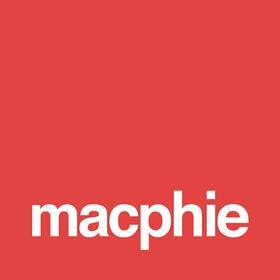
Baking Industry Awards finalists for 2023 revealed
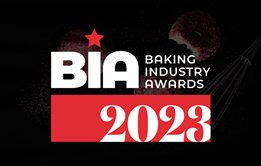
We reveal the first people, products, and businesses selected as finalists in this year’s awards and what makes them so special
- 1
- 2
- 3
- 4
- 5
- 6
- 7
- 8
- 9
- 10
- 11
- 12
- 13
 Currently
reading
Currently
reading
Sustainability Initiative of the Year finalists revealed for 2023














































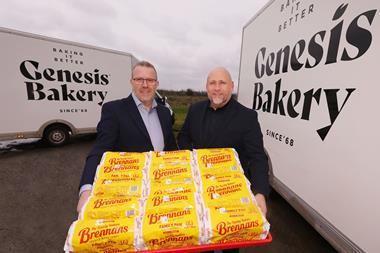

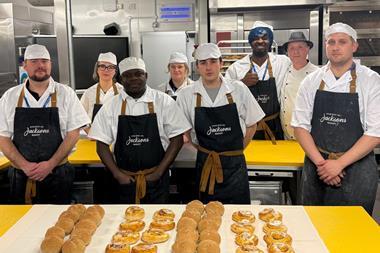
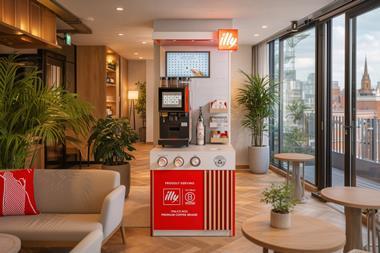

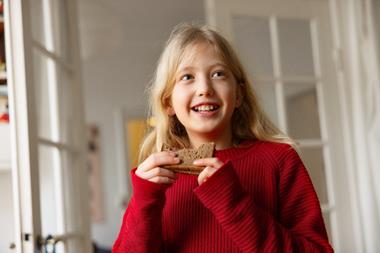

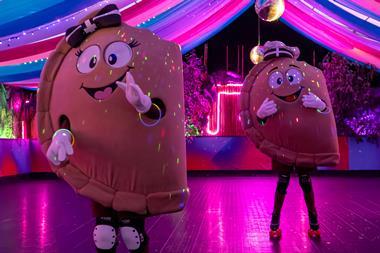
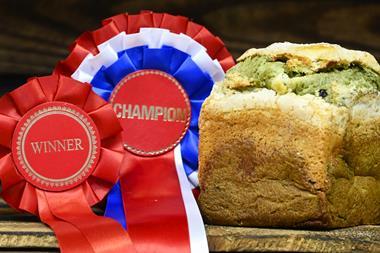


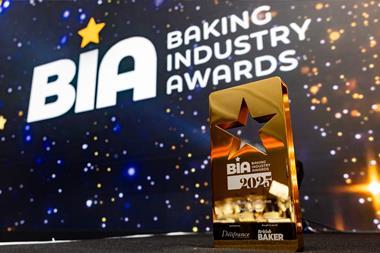

No comments yet